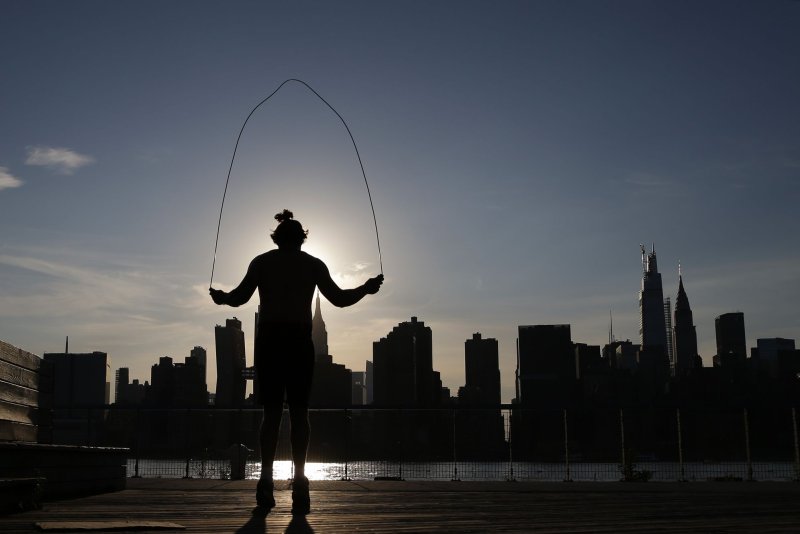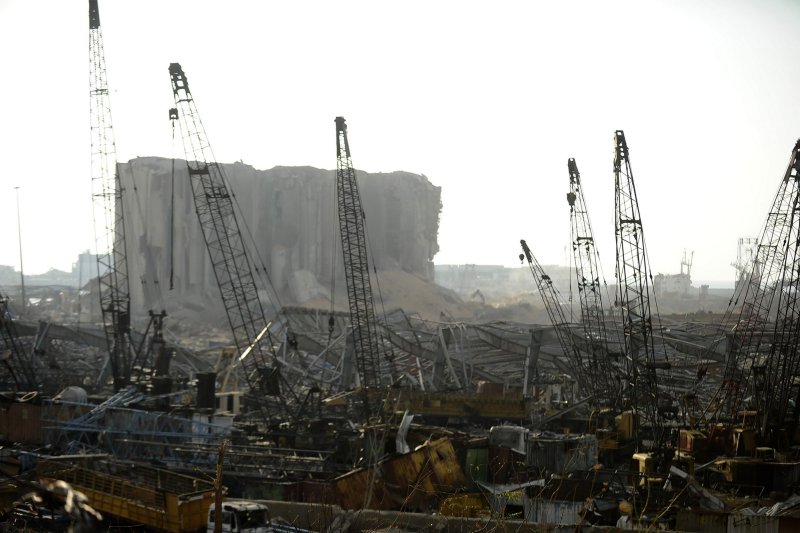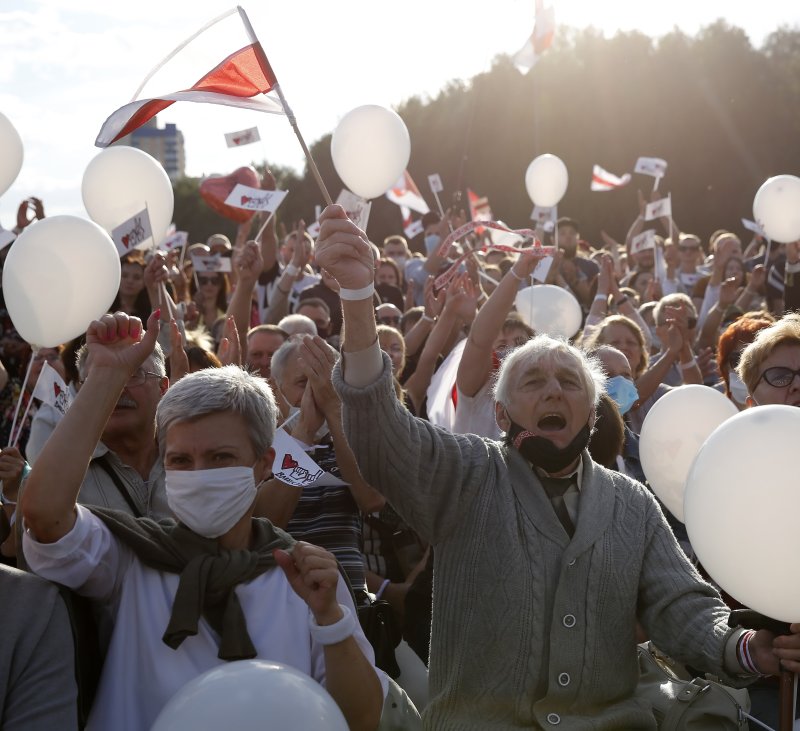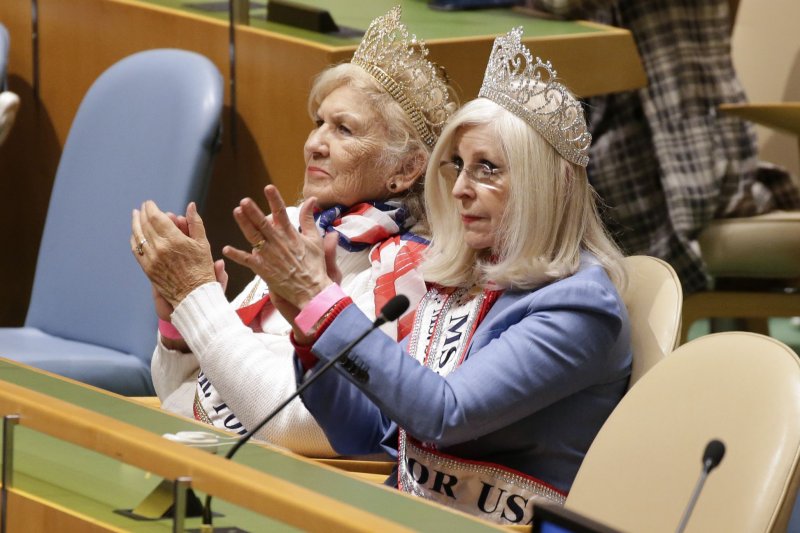PERMANENT ARMS ECONOMY
Hungary purchases $1 billion U.S.-made defense missile system
USING THIS LOGIC THE USA WOULD HAVE SOLD HITLER WEAPONS
U.S. Ambassador to Hungary Devid Cornstein, L, and Hungarian Defense Minister Tibor Benko, R, signed a declaration of intent on Wednesday in Budapest for purchase by Hungary of about $1 billion in U.S.-made, air-to-air defense missiles. Photo by EPA-EFE/MTI
Aug. 12 (UPI) -- Hungary agreed to buy missile systems valued at $1 billion from the United States, the U.S. Embassy in Budapest announced Wednesday.
U.S. Ambassador David Cornstein and Hungarian Defense Minister Tibor Benko signed declarations of intent on Wednesday. The Advanced Medium-Range Air-to-Air Missiles [AMRAAM], produced by Raytheon, are in use by many NATO countries.
"This purchase will provide a proven, best-in-the-world, air defense capability that will contribute to the security of Hungary and NATO," the embassy said in a statement.
At the signing ceremony, Benko said the missile system will be used as a deterrent, as well as an increase in security, with the aim of ensuring the safety of Hungarians. Cornstein added that the deal, through the U.S. State Department's Foreign Military Sales Agency, will be the biggest procurement in the history of Hungary-U.S. defense cooperation.
The AMRAAM system is a beyond-visual-range, air-to-air missile, with over 14,000 missiles produced for the U.S. Army and Navy, as well as 33 international customers.
The purchase comes as Hungary works, and spends, to modernize its military, currently comprised largely of outmoded Soviet-era equipment.
A NATO member since 1997, Hungary announced the purchase of land force equipment from Germany in July, a reported $2 billion acquisition of tanks, howitzers and other battlefield support equipment.
RELATED Hungary's Parliament grants PM Viktor Orban ability to rule by decree
"We commend the Hungarian government's strong commitment to continue modernizing Hungary's military through the acquisition of the world's most advanced mid-range air defense system, which will enhance Hungary's ability to provide collective and self-defense," the U.S. Embassy statement said. "We look forward to working with our NATO ally Hungary on this project and continuing to enhance our long-term strategic partnership."
"We commend the Hungarian government's strong commitment to continue modernizing Hungary's military through the acquisition of the world's most advanced mid-range air defense system, which will enhance Hungary's ability to provide collective and self-defense," the U.S. Embassy statement said. "We look forward to working with our NATO ally Hungary on this project and continuing to enhance our long-term strategic partnership."








